
ENGLISH
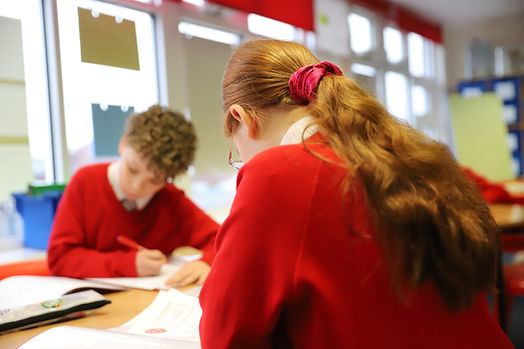
At St Alban’s C of E Academy we believe the key skills we learn in English are vital to all areas of the curriculum and contribute to the social, emotional and educational development of each child. All children need to be able to communicate effectively in both spoken and written language. Children need to read fluently and accurately, with understanding and enjoyment. These skills are essential foundations for English development and effective teaching of English will offer opportunities to use these skills throughout all areas of the curriculum.
Writing
Our writing lessons involve high quality texts, both fiction and non-fiction which are diverse and reflect the community we live in, as well as develop children's awareness of genres, diverse authors and instil passion for reading and writing. The journey of Writing across our curriculum is as follows:
-
Immerse
-
Imitate and Innovate
-
Implement
-
Improve
Through the use of immersive experiences and whole class texts, children are motivated to become innovative and creative writers. In response to texts they have read, they develop their understanding of grammar, punctuation, spelling and vocabulary and are encouraged to use them both accurately and for effect
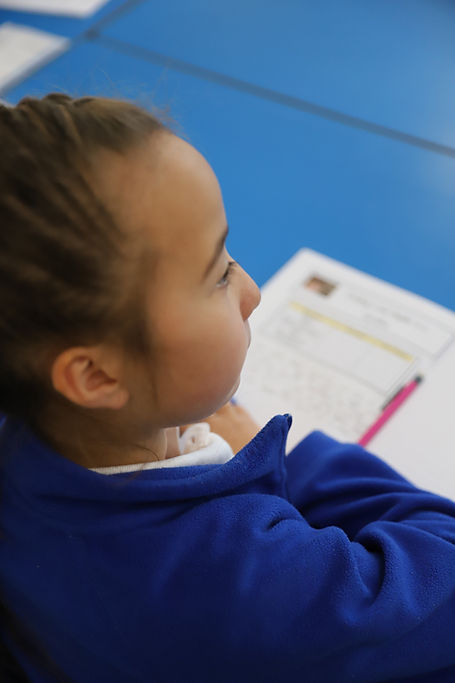
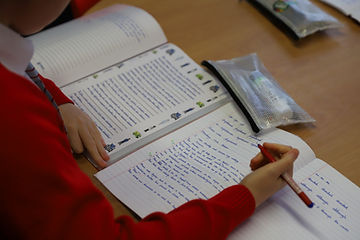
Our aim is to deliver high quality English lessons, to ensure each child develops to least a national age related expectation. Planning and delivery of English at St Alban’s follows the Statutory requirements for the teaching and learning of English as laid out in, The National Curriculum in England Framework and Early Years Foundation Stage Framework. Lessons are uniquely planned and tailored to meet the needs of all our learners. Teachers provide stimulating experiences to hook, engage and motivate the children, using a range of resources.
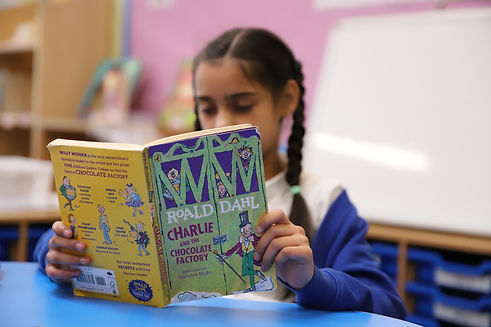
Reading
We are committed to teaching with a Systematic Synthetic Phonics Programme and Floppy’s Phonics is taught rigorously and consistently from Nursery onwards to ensure all children become fluent readers. Children have access to fully decodable texts that match our SSP programme, as well as having access to a reading for pleasure book.
The core reading skills we have identified to ensure our children are successful readers include:
Vocabulary, Inference, Prediction, Explanation, Retrieval and Summarise/Sequence
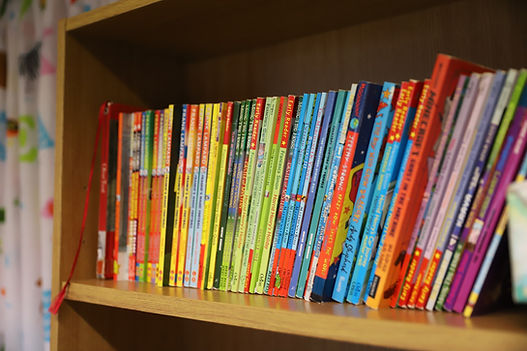
Reading is the cornerstone to all areas of the curriculum, and through our systematic phonics programme and reading curriculum throughout school, we enable children to develop fluency, accuracy and comprehension skills alongside a life long love of reading. Our school library helps to embed a lifelong love of reading and enables all children to experience a library setting, as well as having the opportunity to experience a wide range of book and authors, and experience e-reading through the artificial intelligence app Lexia Core Reading 5. Whole class, group and 1:1 reading sessions are designed to develop fluency, accuracy and comprehension for all children whilst enjoying a text together.
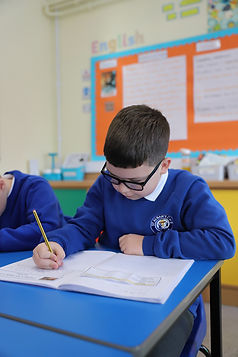

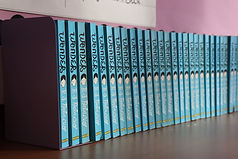

Hand Writing
How does Kinetic Letters help learning?
-
Automaticity – Formation, orientation and placement of letters becomes automatic which frees up space in the working memory.
-
Achievement – Fast, legible and fluent handwriting underpins success in every curriculum area.
-
Confidence – Good handwriting creates a positive initial judgement.
-
Creativity – When handwriting is automatic, the brain can concentrate on content.
-
Reading – Writing and reading are reciprocal skills, so improvement in one, helps the other.
-
Phonics and Spelling – legible handwriting means children can read and correct spelling.
Kinetic Letters focuses on the four main areas of learning:
-
Making bodies stronger (through the posture used when sitting)
-
Learning the letters
-
Holding the pencil
-
Flow and fluency
The sequence of teaching


